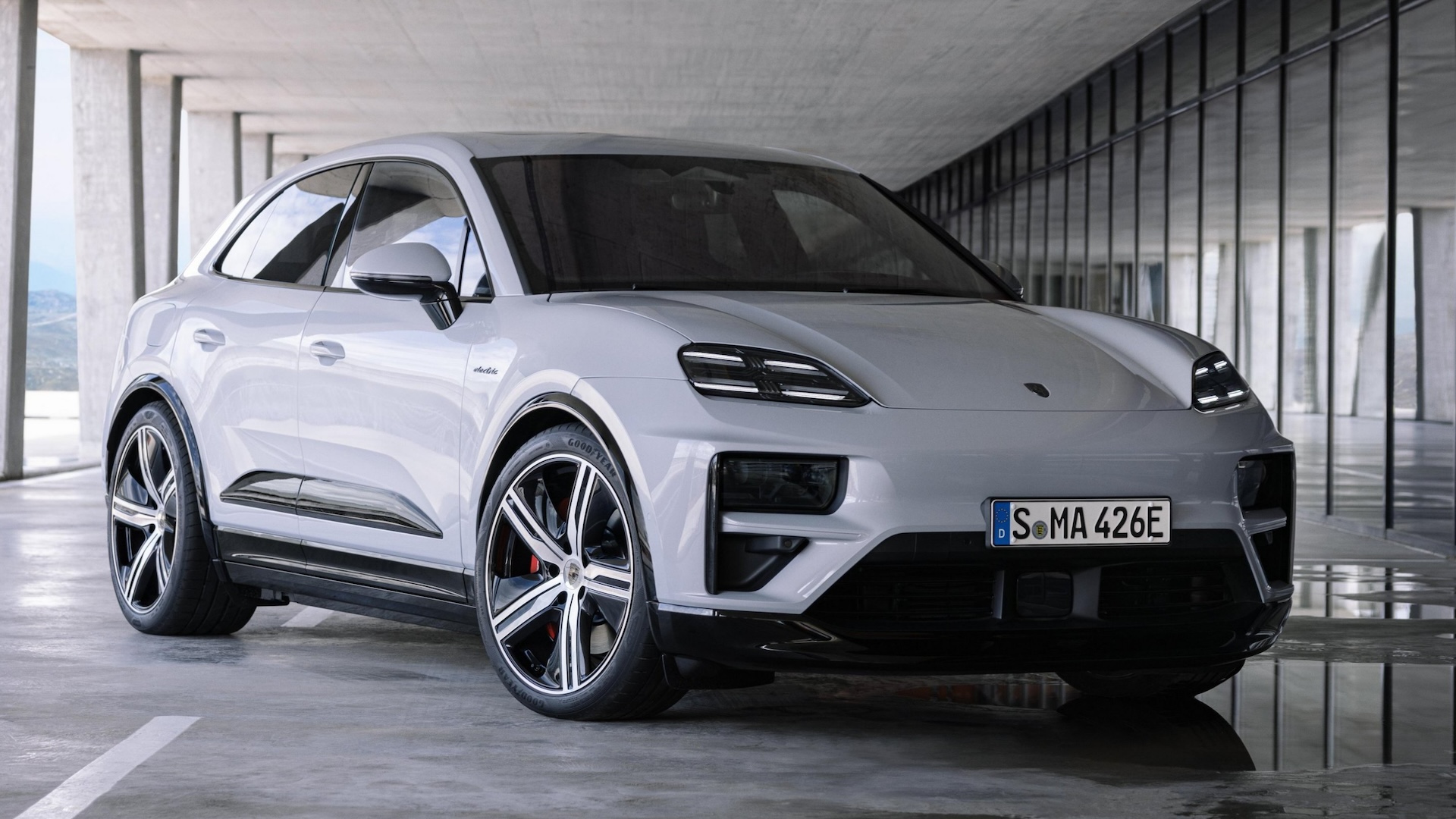

When Porsche rolled out its fast version of the Taycan EV, some people completely lost their cool about its name: Turbo. Even though it readily conveys what the quickest Taycan was about, some people insisted the name could only belong to cars with a turbocharger. Well, they’re gonna have to book anger management classes, because Porsche has confirmed it’ll keep calling EVs “Turbo” as it pleases.
Speaking to Australia’s Drive, Porsche’s spokesperson for the Panamera and Taycan, Mayk Wienkoetter, explained that to Porsche, “Turbo” is more of an abstract idea. More of a vibe, if you will. People understand what it’s intended to mean, and easy recognition is the kind of brand image carmakers spend decades building. That value isn’t to be cast aside as powertrains change, especially with how many automakers still struggle to find good names for their EVs.


“For us, Turbo is a soft brand,” Wienkoetter told Drive. “It’s been around for 50 years and people instantly know what kind of car they have in front of them, doesn’t matter what technology. It just gives you a positioning—if it’s a 4S or Turbo and it’s written on the back, you know exactly what you have. Also, customers know what they are dealing with. I don’t see us getting rid of this nameplate any time soon.”
Introduced on the 1975 911 Turbo, the nameplate has since spread to almost all of Porsche’s modern lineup to designate some of its top performers. That goes not just for internally combusting models like the 911 and Cayenne, but also its EVs, like the new Macan EV. Its Turbo version will produce up to 630 horsepower, 833 lb-ft of torque, and boogie around corners with four-wheel steering. If the lack of a turbine-powered compressor on board is still offensive to you, that’s a You Problem.
Besides, I bet Porsche will be willing to hear you out if you have a better idea. Let’s hear it in the comments, shall we?
Got a tip or question for the author? You can reach them here: james@thedrive.com